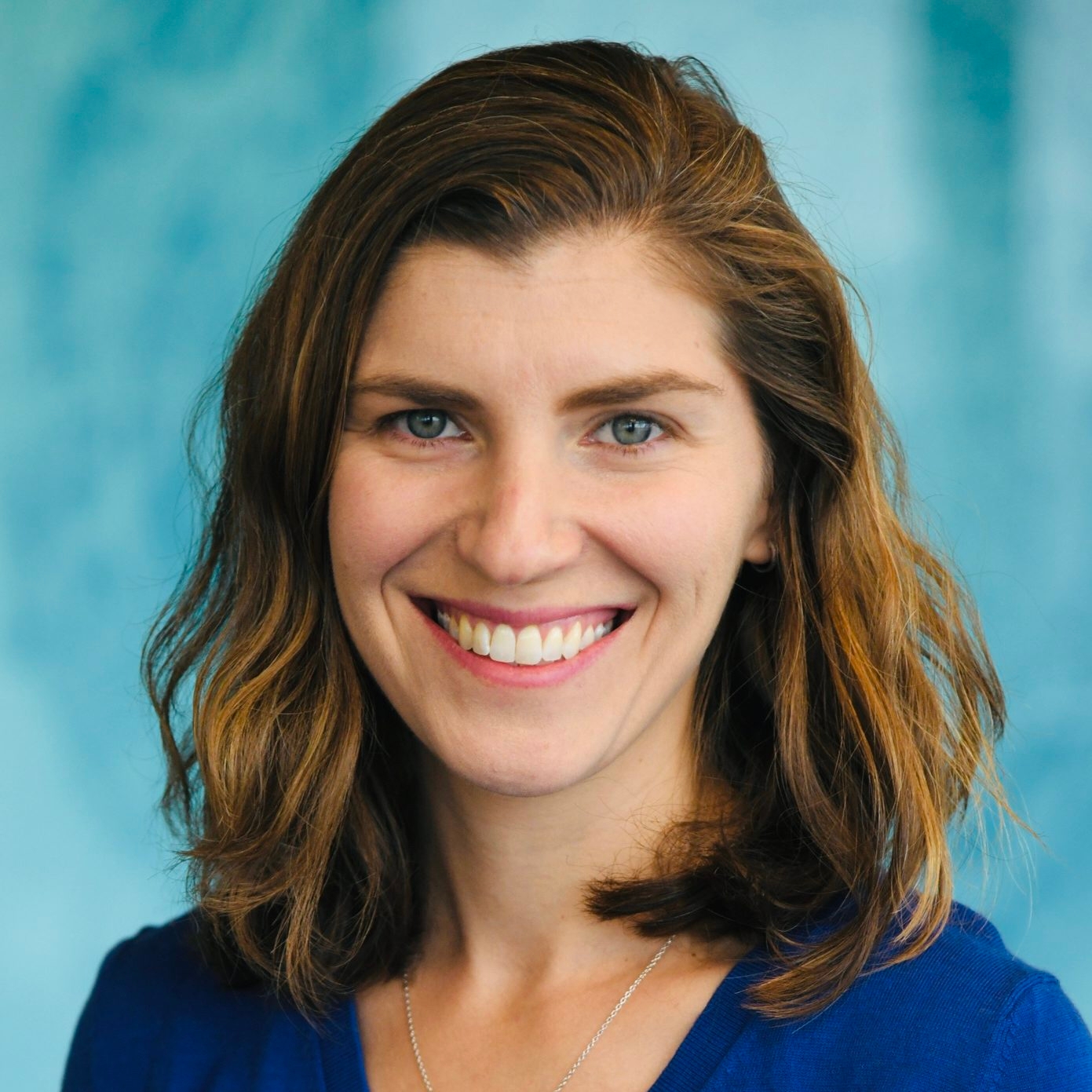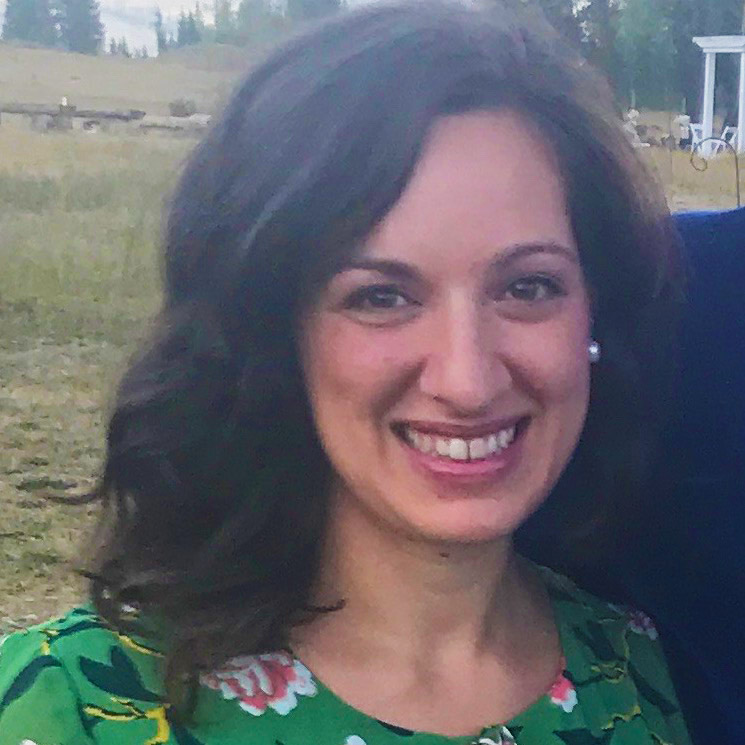DENVER (JTA) — In the summer of 1999, we slept head to head in top bunks at Camp Ramah in Canada. We also shared a viral upper respiratory illness that kept us from participating in the much-anticipated yom bli shemesh (a day without sun) while the rest of our cabin got to experience a day of camp in the middle of the night.
We had to stay in bed for a few days, but soon recovered and enjoyed another invaluable summer.
Jewish summer camp made us into the adults we are today. Now we work side by side in the Emergency Department of a major children’s hospital — Heather as a nurse and Ali as a pediatrician — and have also both served in those roles at a Jewish summer camp.
When we read that Camp Modin in Maine will be opening this summer, we gaped in disbelief. Not because the camp is opening, but because of how unworkable its plan seems to be.
Reasoning that you can “create a bubble at camp” is at best a flawed idea. While chartered flights and reduced movement in and out of camp are certainly interesting ideas, there are sparse details on the medical logistics of opening camp, and the risks to the surrounding community — people who encounter and even potentially work with the camp — were also not discussed. If any of us want to safely return to camp in the near future, these things need to be addressed.
Camp Modin plans to test campers for COVID-19 at home prior to their arrival at camp. Heather, who has been performing the uncomfortable coronavirus tests as part of our hospital’s disaster response team, worries about the difficulty of correctly swabbing the posterior pharynx, the part of the throat behind the nose that is accessed with a long and uncomfortable swab.
And testing can only tell us so much. What about the contacts that a camper or family member has in the intervening days or weeks prior to arrival at the camp gates? What if the camper was in a latent stage and was not yet showing signs of infection when they were tested? What if the camper was in the late stage of infection that would not show a positive test? What about the camper that needs to be taken to a nearby hospital for a non-COVID-19 related injury and encounters the virus there?
There are so many remaining possible routes of introducing the virus into the camp. The PCR test that determines whether a person is currently infected with the novel coronavirus is not sensitive or specific enough in asymptomatic patients to be used as a “pass” yet, nor is the antibody test. At home testing will create an illusion of safety without actually providing it.
Kids aren’t getting that sick (for the most part.), and we are so thankful for that. But the novel coronavirus can spread from children to adults — and young healthy adults and yes, even children, can become severely ill and die.
How will camp Modin (and others planning to open) protect its medical staff?
As a camp doctor and nurse, we are not typically worried about contracting viruses or strep from our campers — but this summer we are. The field guide for the American Camp Association, prepared by Environmental Health and Engineering Inc. recommends N95 masks, gloves, gowns and face shields for all camp medical staff. If the camp is planning to routinely test a community of 300 campers, how many precious N95 masks will be spent on opening a summer camp?
If all of the 8,400 overnight camps in the U.S. were to open this year, according to ACA recommendations, the amount of PPE used could amount to hundreds of thousands of masks. Are we really OK taking these resources away from frontline workers and long-term care facilities? Will camps provide the same protections to maintenance workers doing the cleaning and sanitizing and then returning to their rural communities each night?
Instilling Jewish values in campers and staff is a primary goal of most Jewish summer camps. How can we instill those values if our actions clearly show little regard for others and a selfish consumption of scarce resources?
We’re left with nothing but questions: Where would the campers sleep when ill? Will the camp isolate all campers with symptoms of illness, or only those with fevers? Who is going to care for children who are sick for weeks? At the end of the day, when a child has a prolonged illness, a camp doctor or nurse in a face shield, mask and gown is pretty cold comfort when mom and dad are hundreds of miles away.
With outbreaks in many other close living situations such as prisons, long-term care facilities, meat processing plants and even at home, we truly fear that summer camps opening before these questions are definitively answered could be disastrous. We hope for the best for Camp Modin and any other camp that chooses to open. But our obituaries won’t say “doctor and nurse couldn’t face one missed summer at camp,” and we won’t put the surrounding rural communities of our beloved camps at risk by bringing kids from hot-spot regions together in their backyards.
These ideas reflect our own opinions and not those of our employers or any health care facility at which we work.


The views and opinions expressed in this article are those of the author and do not necessarily reflect the views of the AJP or its publisher, the Jewish Federation of Southern Arizona.






